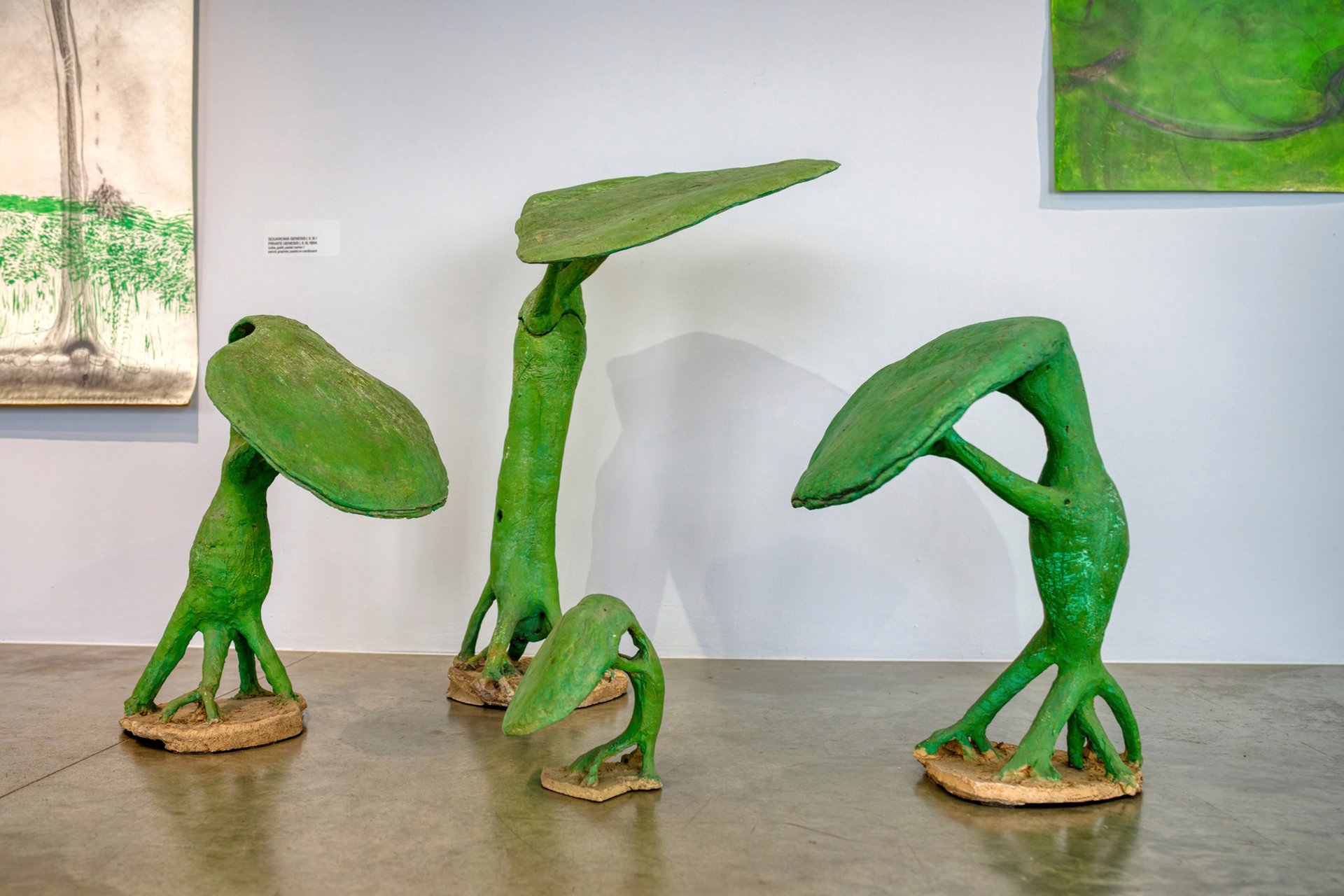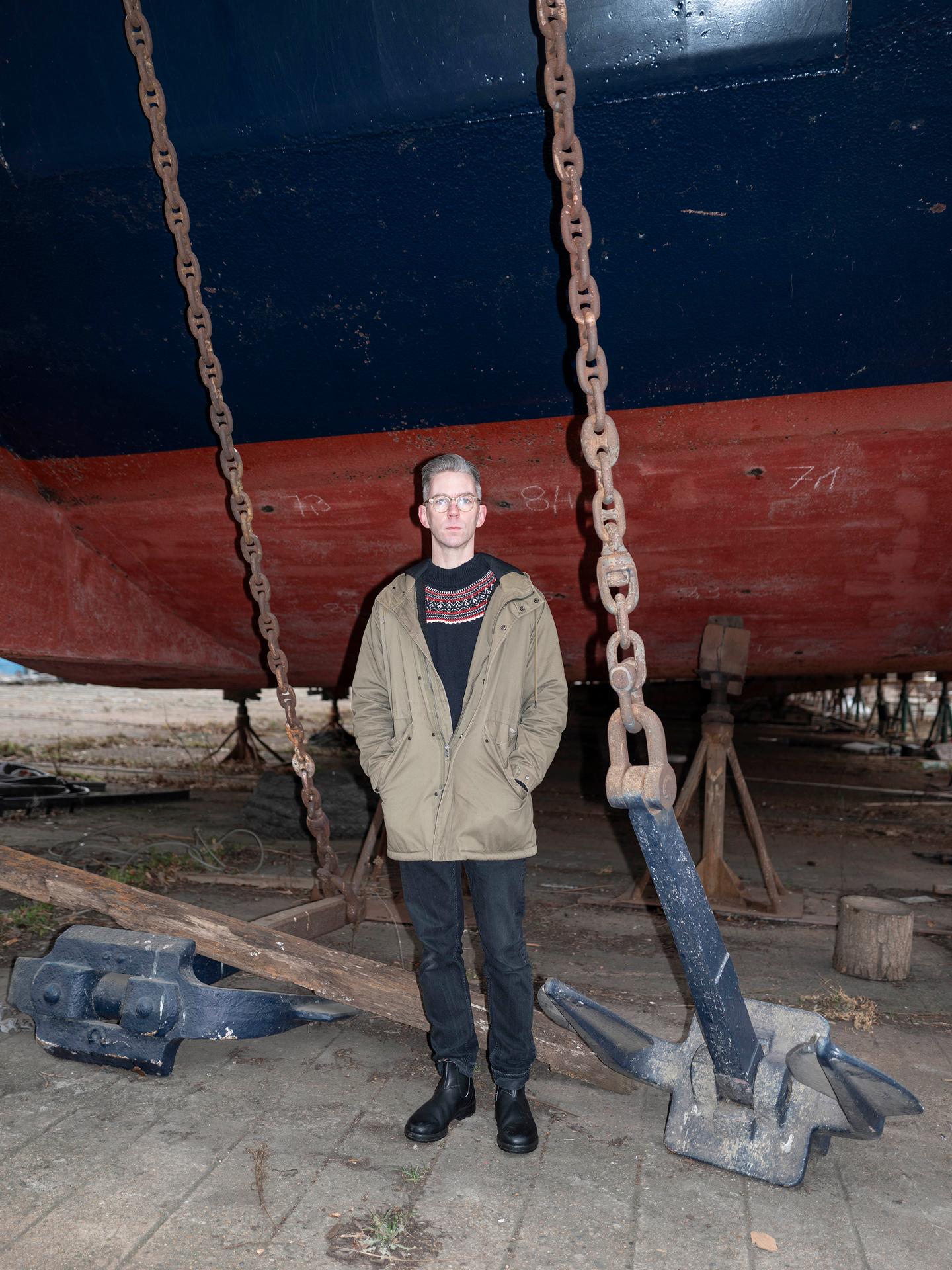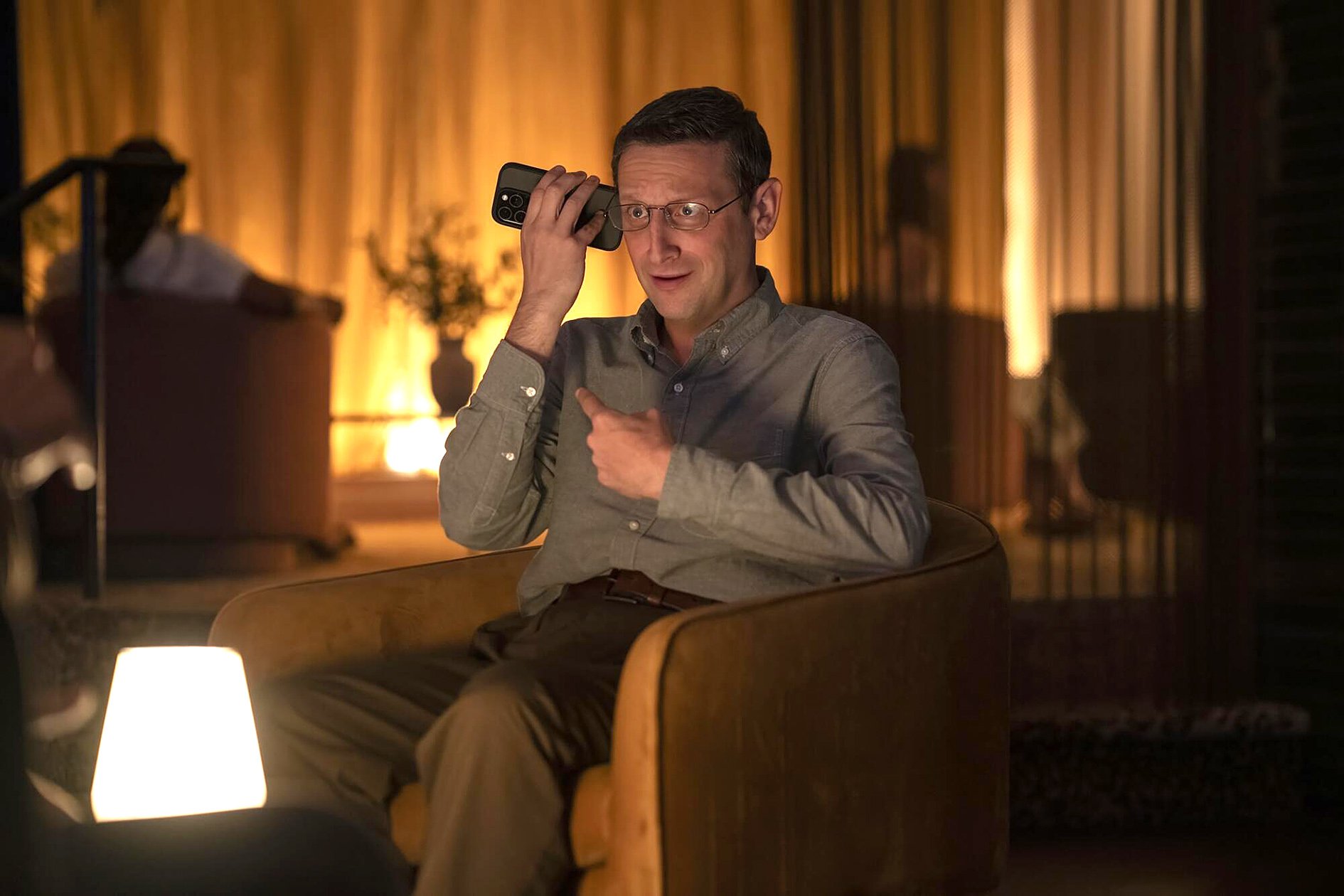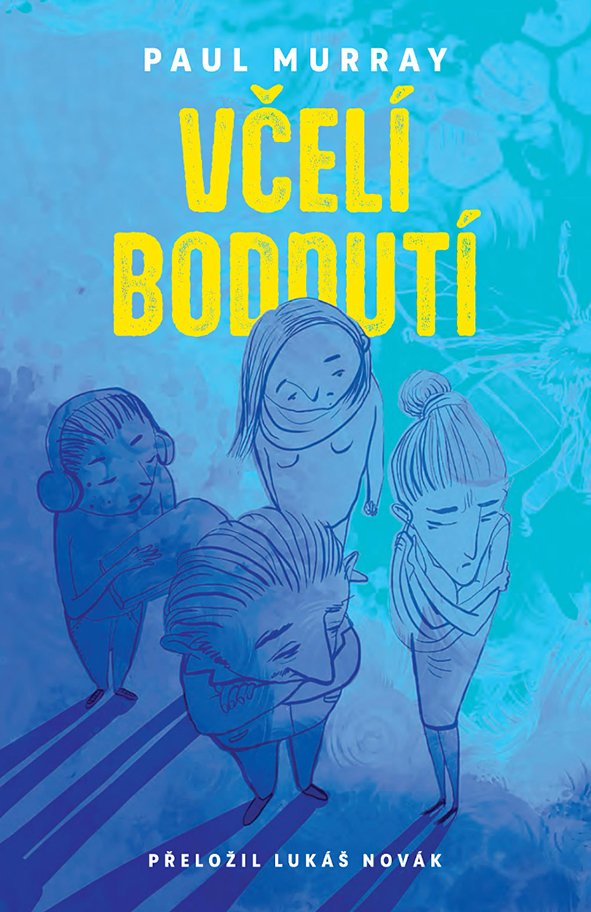I Would Have Used a Machine Gun
Is Jiří Kajínek, the Czech Republic's most famous prisoner, really an innocent man? Various judges have studied the thick case file and always come to the same conclusion but they failed to persuade the Czech public -- Kajinek´s next and a last arm.

There's a new wave of interest in the convicted hitman Jiří Kajínek, which might be the result of yet another attempt by his supporters to prove his innocence, or might be part of a carefully orchestrated marketing campaign for the movie Kajínek, which received its premiere recently. Or maybe both. In any case, only a quarter of Czechs believe Kajínek is guilty, according to a survey.
Since Kajínek's case was handled by a district court, a regional court, the supreme court and the constitutional court, and that verdict was backed by the country's most respected judges, the level of public mistrust in the judicial system is alarming. But there might be another reason for this upheaval: Kajínek's continuing quest to prove his innocence has turned him into a phenomenon set apart from the opinions of judges and the legal system.

Kajínek has turned himself into a brand, and from that perspective most people regard any judicial analysis of his guilt or innocence as totaly irrelevant.
A gangster who didn't kill
Anyone who's ever attended a court hearing knows the feeling well. After the witnesses say what they've got to say and after the evidence has been put forward there are the closing arguments. The prosecutor sums up. If he's a good prosecutor, he'll place the facts and testimonies in a context within which the observers in the courtroom are immediately confident that the accused is guilty. Then it's the defense's turn. A good lawyer will present the evidence in such a way that the observers in the courtroom are confident that the accused must be innocent.
Why the lecture? In the last decade, there have been more than a thousand articles and dozens of documentary films and now a movie about Kajínek, and the vast majority of them dispute his guilt while pointing to doubts and weaknesses in his trial. The media basically acts like an additional judge. Under these circumstances, it's more than logical that Czechs think that "Kajínek is a gangster" – with a long record of robberies – but "he didn't murder anyone," which is the crime he was convicted of. More than a few even see him as a hero.
For Kajínek's lawyers and supporters, Czech public opinion is the last and probably the only chance of getting their client out of prison after serving 25 years behind bars. Seventeen years after the murders and 12 years after the first court ruling, the defense is hardly likely to come up with new evidence that could overturn the initial verdict. But the public pressure could persuade judges to grant Kajínek a conditional release, or convince the president to grant Kajínek a pardon. This could happen in 10 years' time at the earliest. And Kajínek deserves it.
Seven witnesses
The first judge who handled Kajínek's case, Pravoslav Polák, has already pointed out discrepancies in the evidence proving Kajínek's guilt. Polák's court spent 48 days hearing the Kajínek case, then a whole week to deliver its verdict – a life sentence – backed up by 130 pages of text. These outstanding figures show not only the complexity of Kajínek's case but also the careful and thorough approach the court took.
Kajínek was convicted mainly on the word of one man who, unlike two other members of Plzeň's underworld at that time, survived the shooting with severe injuries. Another piece of crucial evidence: right after the assault, a car stopped at the crime scene with two young men inside. One of them later told the court that he saw Kajínek there. The second man said he wasn't sure whether it was Kajínek or not but then, two years later, confessed to TV Nova that he had recognized Kajínek at the scene of the crime but was afraid to say so in court, to Kajínek's face.
On the other hand, two women saw the shooting from a distance of around 50 meters. They said they couldn't identify Kajínek but confirmed that they had seen only one assailant. That put paid to Kajínek's main argument, which had already been ruled out by an expert, that it was technically impossible for one man to carry out the shooting.
And then there was another man testifying against Kajínek, who said he had driven him to the spot, and another witness who stated that he had paid Kajínek 100,000 crowns to threaten the victims.
Jiří Kajínek didn't have an alibi and the defense's core argument was his statement that if he were to shoot two men, he would've used a machine gun with a silencer so as to leave no trace left no traces behind him.
Judge Polák couldn't explain why the Plzeň businessman who supposedly hired Kajínek – either as a contract killer or, as the businessman said, merely to threaten the victims – since the businessman had already reported that he was being blackmailed by the victims to the police, who planned to arrest them the day after the killings. The businessman was also aware of the police's intentions.
We may never know the truth about "Kajínek's" murders, and how and why they took place. It happened during the wild days of the 1990s, when collaboration between the police and the emerging organized-crime gangs was common. But, as mentioned above, various judges, including those from the constitutional court and many judicial experts, have studied the thick case file and always come to the same conclusion – that the initial verdict followed a conscientious and irreproachable study of all the relevant facts and circumstances.
This is a translated version of the original article, Použil bych samopal, which first appeared in Respekt 33/2010
Translated By Kateřina Šafaříková
Pokud jste v článku našli chybu, napište nám prosím na [email protected].










